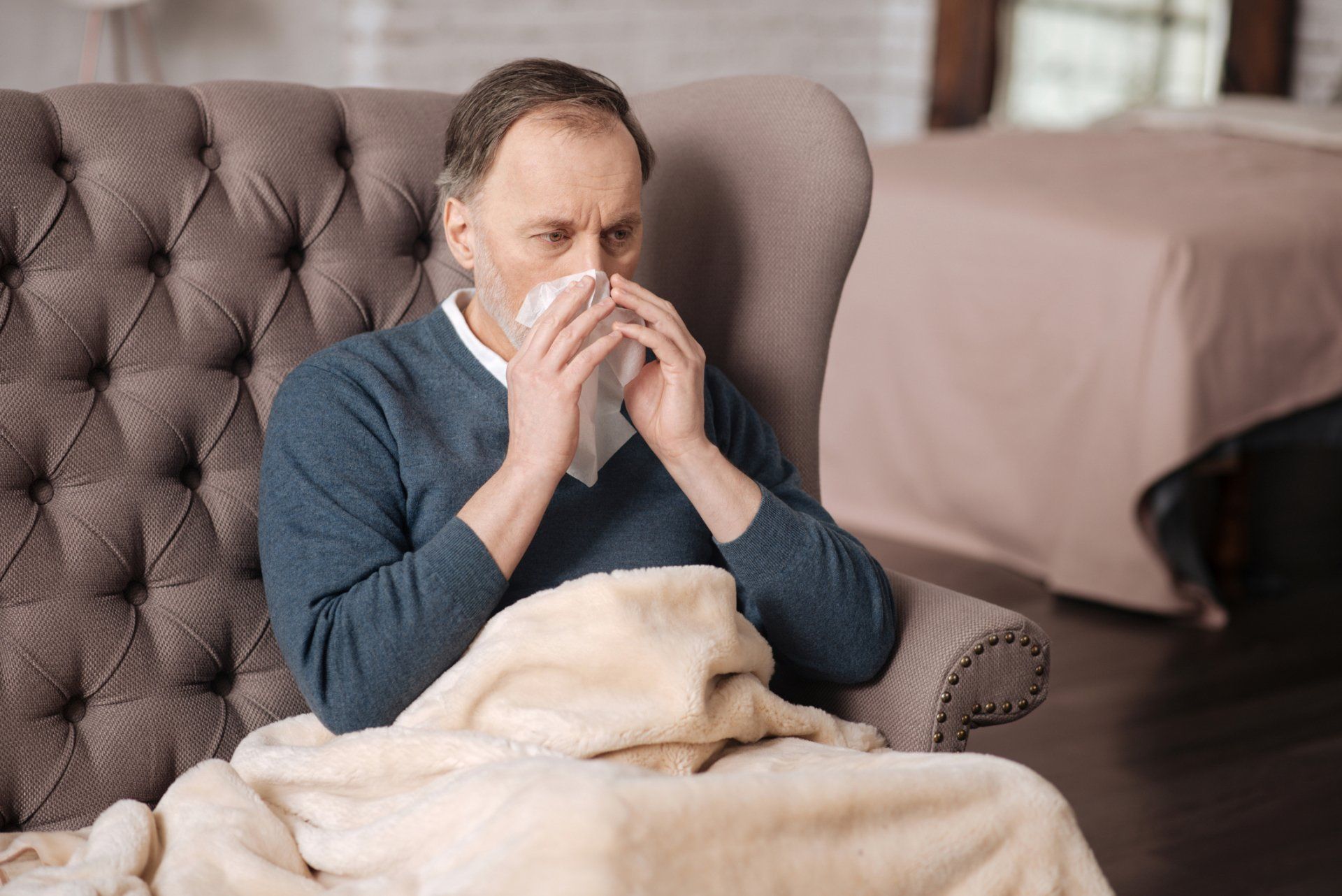Many people live with food allergies. Food allergies result in the body treating normal, otherwise harmless ingredients as invaders they must fight. While most people think of seasonal allergies when they think about allergies, food allergies can result in serious, life-affecting conditions.
The results of food allergies can be devastating, even fatal. Anaphylaxis requires quick treatment and know-how from others in the workplace. For this reason, education about allergies is crucial.
If you have food allergies and are trying to navigate these types of problems in the workplace, then you may need some suggestions. This guide will help you create a plan of action for contending with food allergies at work.
Some of the most common food allergies people face at work include those linked to nuts. Peanut allergies are among the most common food allergies, and the reactions often carry on for the rest of one's life. Shellfish, while an uncommon food for the workplace, is another common food allergy. Shrimp and lobster are common culprits.
Of course, many other food allergies exist. For example, some people are allergic to wheat, whereas others can't eat eggs.
Employers should develop an understanding of these food allergies because they can directly impact employee morale and productivity. When employees have to take days off work to deal with allergies, the business loses.
The Americans with Disabilities Act considers food allergies a type of
disability. This means that some workplaces may be required to accommodate individuals with allergies to an extent.
Many people are surprised how much food allergies can impact an individual. You might think of severe food allergies as a type of invisible disability that can have effects at any time.
If you have food allergies, then you should always bring them up right after a new employer hires you. When you discuss allergies with your manager or boss, make sure to be as specific as possible about the circumstances involved.
Training programs and seminars may provide more insight about food allergies in the workplace. In training, employers can bring up specific examples and educate employers about how to avoid causing an incident.
Signage can also educate employees about food allergies. For example, posters hanging in the office kitchen can tell employees what to do if somebody exhibits signs of anaphylaxis.
In cases of extreme allergies, a workplace may set aside utensils and dishes that individuals with food allergies can use to avoid potential contaminants.
Managers and employers can also request that all individuals working in the facility label food clearly, marking any potentially hazardous ingredients on the outside of a container.
When individuals do not adhere to established guidelines, employers can take disciplinary action if necessary.
You can also take a few steps to help your workforce be a safer place. These steps might save your life and the lives of others at work with similar allergies.
If you are going out with a group of co-workers or you are having a luncheon at the office, then you should address severe allergies early on. If you are unable to go to specific restaurants, then let the group know that this food is dangerous to you.
Mistakes can happen. Make sure that you have epinephrine on hand if you need it. Before going to lunch, you can also instruct your co-workers on how they can use the epinephrine during an emergency.
The
Allergic Diagnostic & Treatment Clinic offers treatment for all types of allergies. If you suspect that you have food allergies, then you should be tested right away. Call today to set up an appointment.











